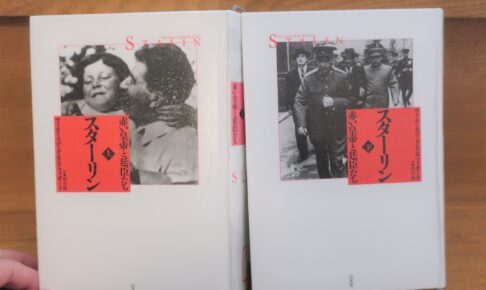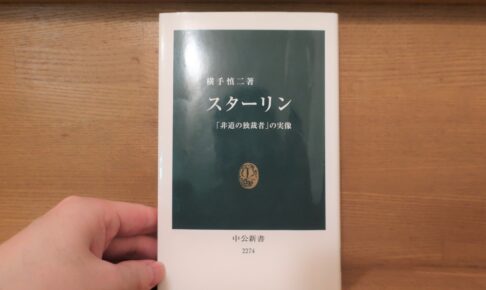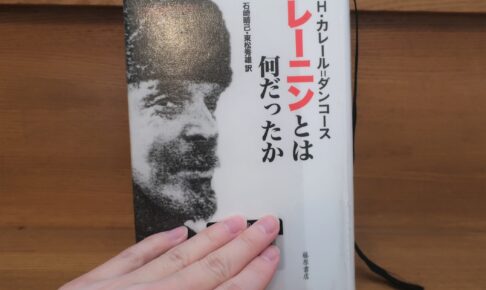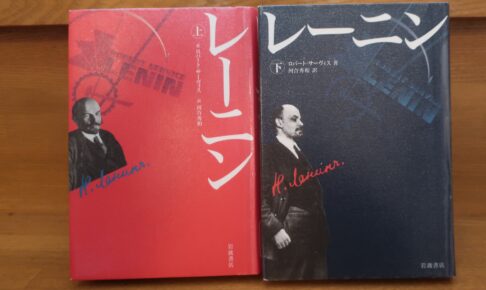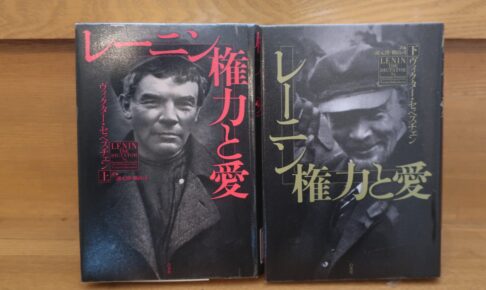(3) Stalin grieving over the suicide of his beloved wife - An unexpected side of Stalin
Stalin was a workaholic and did not care first about his family. However, Nadja and Stalin often quarreled, but they were able to have open conversations. For Stalin, she was the only partner he felt comfortable with.
However, the bizarre situation at the heart of the Soviet Union - the political machinations and Stalin's unrestrained attitude - caused Nadja to become mentally ill. Finally, she committed suicide by shooting herself in the heart.
As expected, Stalin was shocked by his wife's suicide. The dictator who killed millions of people with impunity also shed tears and suffered severe shock at his wife's death.
If there had been even the slightest bit of mourning for the deaths of millions of people, history might have been different. Or perhaps it is precisely because he did not that he was able to become a dictator...












